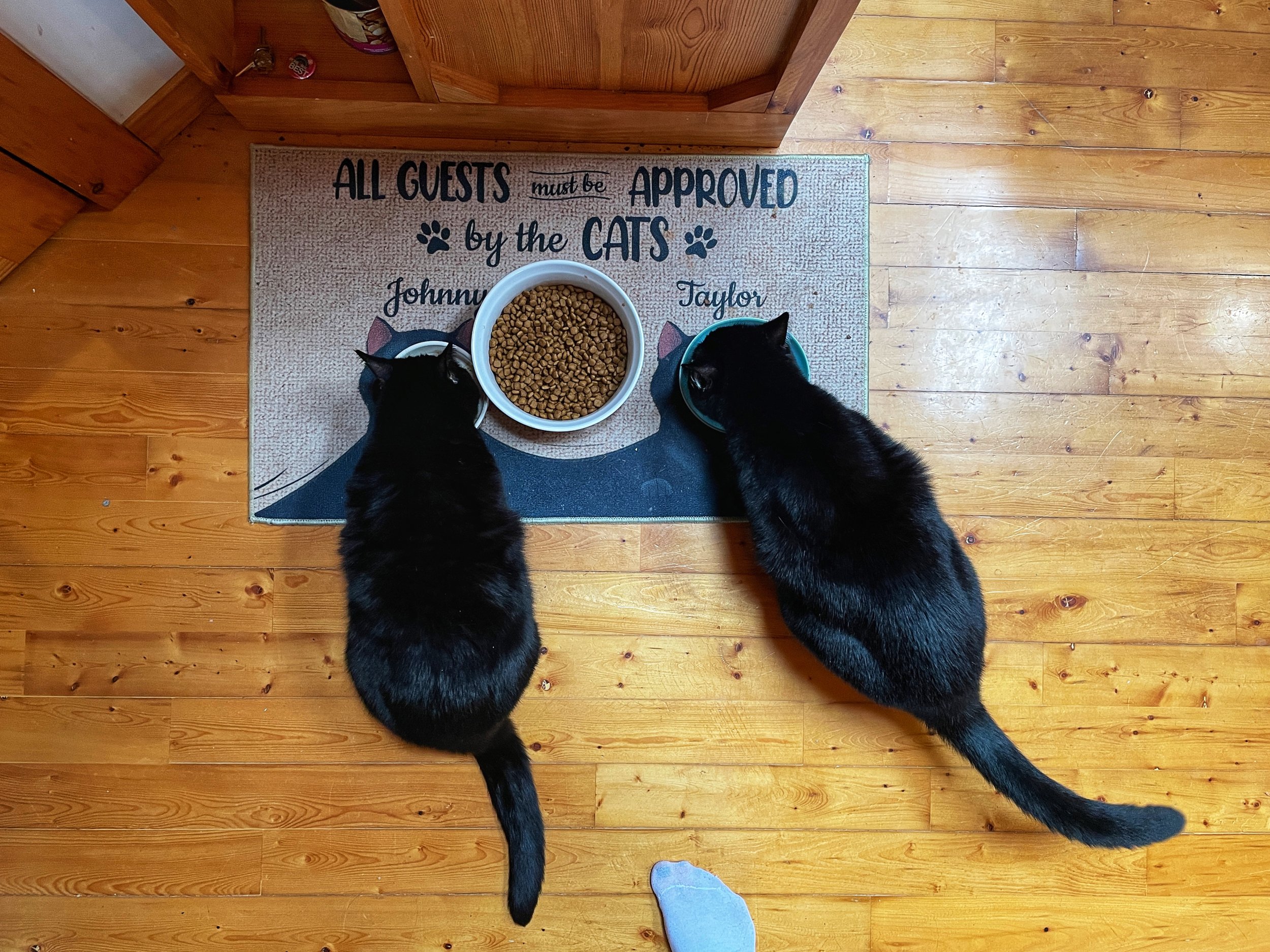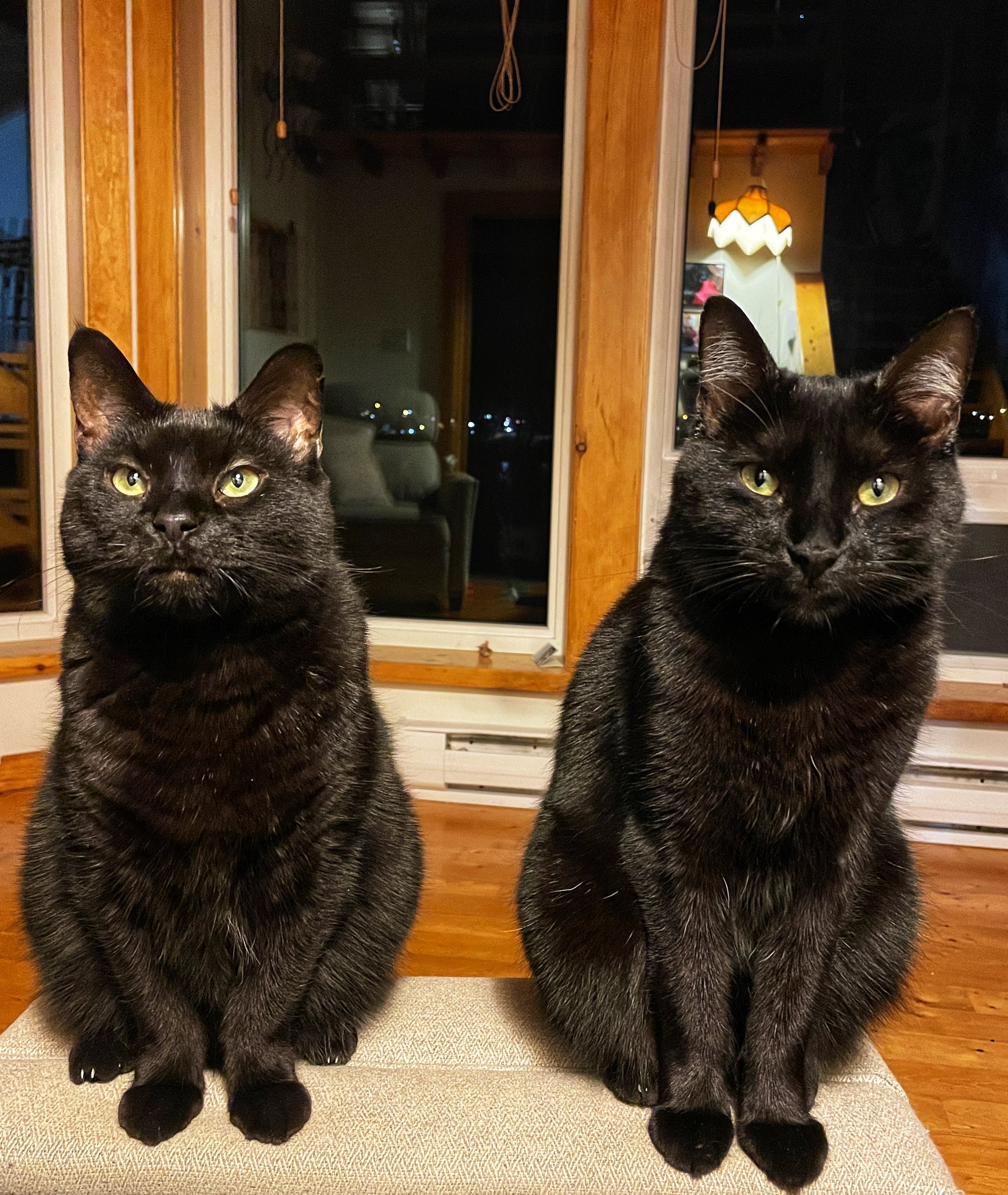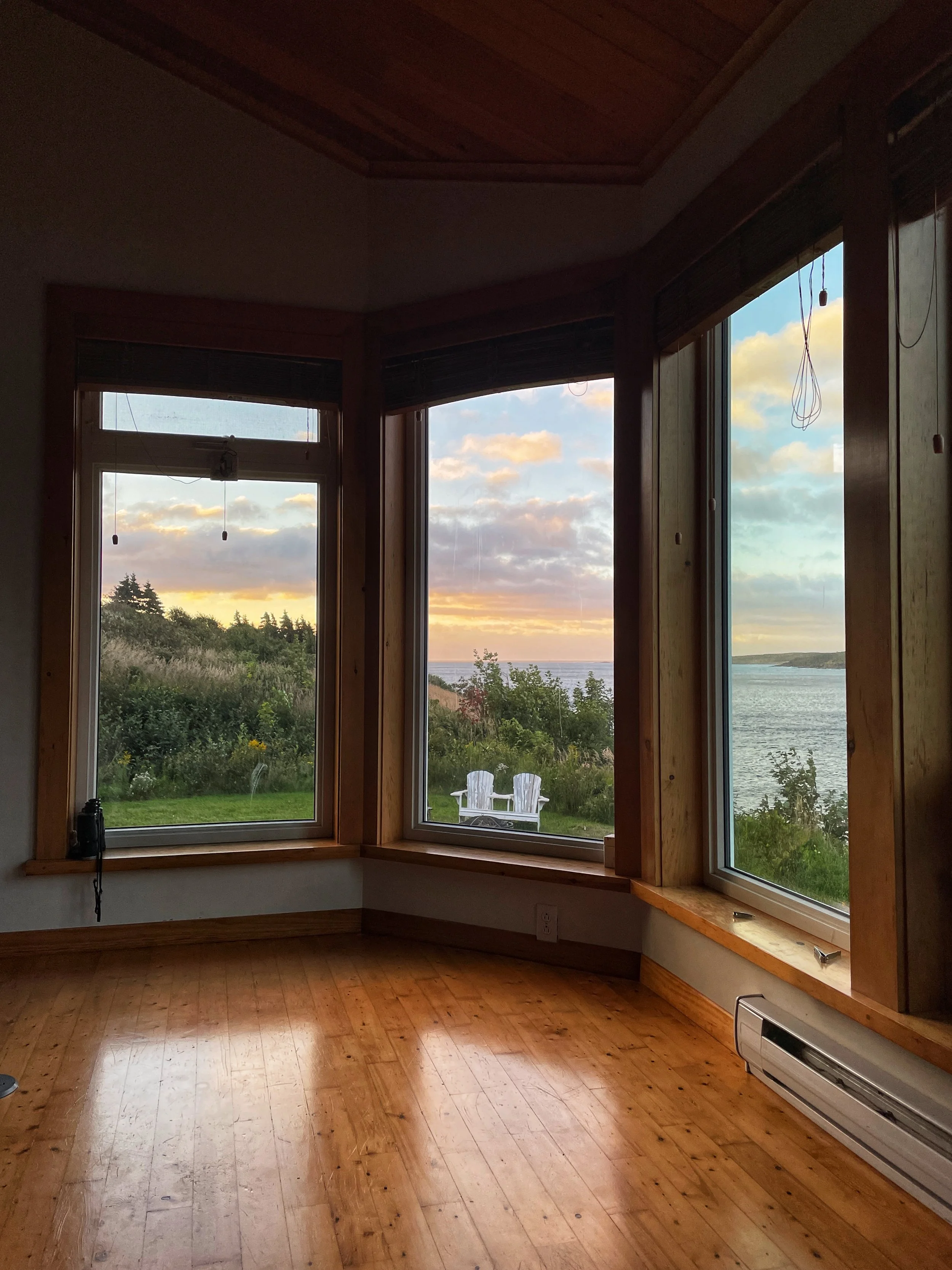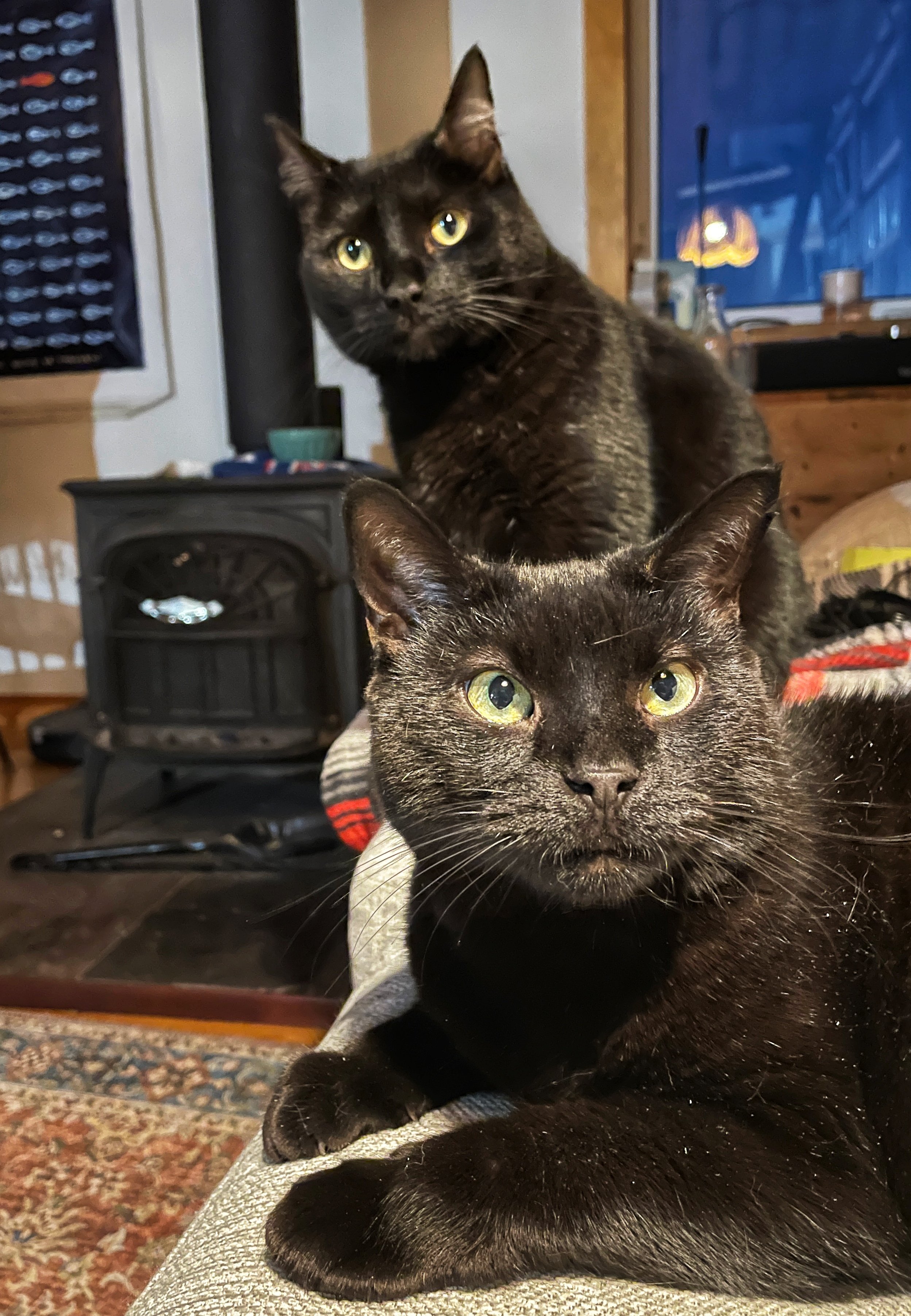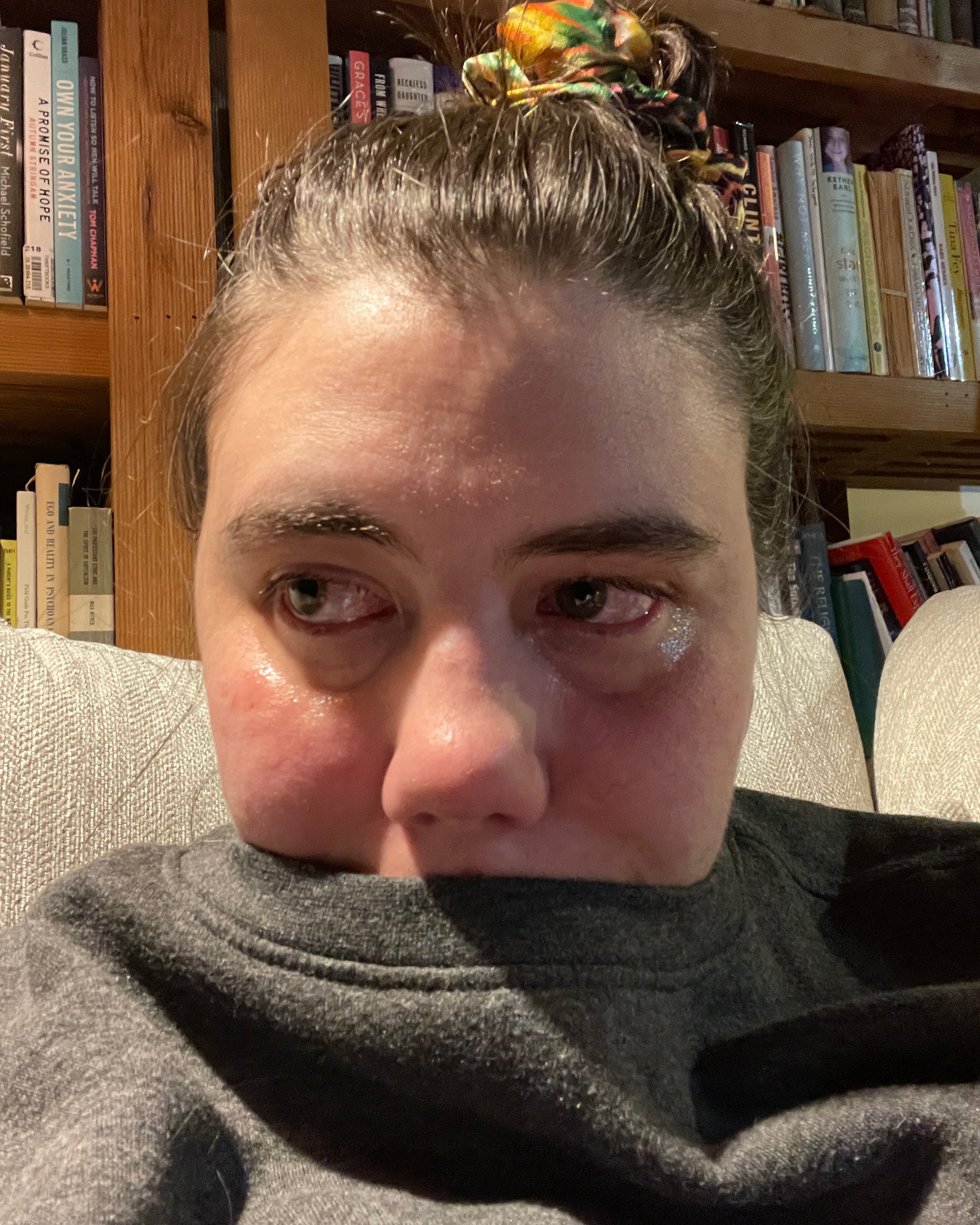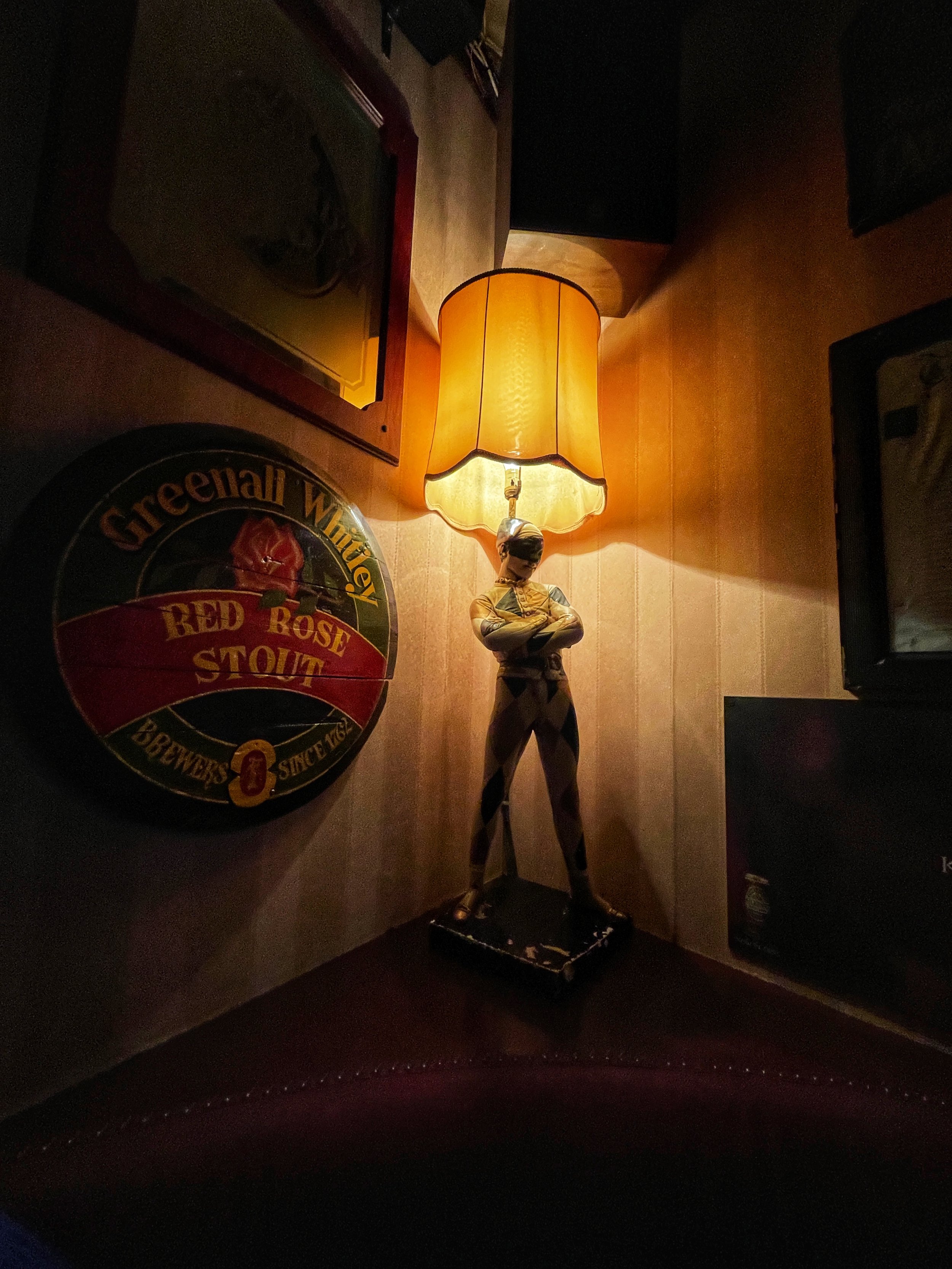Hey,
I know you’ve been wondering about what the new hospital will be like, and because I know you have a lot of history and pain around your experiences there, I thought I would write and let you know what it’s like. Sometimes knowing what to expect if you need to go somewhere again can help—and although I can’t speak to the actual care, I can tell you what it looks like, and how it feels compared to the Other Place.
Hopefully you never have to go, but I also know you’ve held yourself back, locked yourself in your room, and suffered in order to avoid the Other Place.
I walked through it last night. I was nervous and scared—especially after crying in front of the working group. I didn’t want to face other people of power. And although they said we were on a equal field—facing people in charge of your care is terrifying and doesn't feel equal.
The second I walked in, my breath was taken away. The ceilings were high, and there, right as you walk in, is a beautiful hanging piece of art. It’s gorgeous. If art speaks to you at all, it will put a little lump in your throat to see a work of beauty in a place that can come with so much terror.
The foyer is huge. There is a little convenience store on the right that looks like a trendy little spot. And perhaps one of my favourites things—is two offices on the left. One is occupied by the Schizophrenia Society, and the other by Lifewise. That’s so important—you know? People with lived experience right there. I don’t know if they will be readily available, but I know for me it was a comfort to think about.
They explained how admissions would work, how to get to and from the HSC, and what would happen if you were brought in with the police or ambulance. I know the police scare you, but I want you to be as informed as possible. I think they would do well to have little explanations on a pamphlet at the desk as you walk in about what to expect, but I kept my mouth shut because I was so overcome with emotion.
Oscillate
by Phillipa Jones
I’ll add some pictures, but there is a long hallway for outpatients with a pharmacy, registration, etc. The cool thing about it, is that everything is colour coded on the map and this is reflected in the signage. Yellow is for outpatient, blue is for inpatient, and dark blue is for the public. You know how it’s hard to think straight when you’re in an episode? Little details like that matter and help, so I took note. Along the yellow (outpatient) hallway, there are chairs you can sit in. There are these strange half circle ones that give you a tiny bit more privacy. Another small detail that matters. Another important detail is that there are bariatric chairs. You don’t have to ask for a special chairs!
Trans Formation
by Emile Sopkowe
They walked me through where ECT is done—something I know you’ve had brought up and have considered, but doesn't feel like the right option—but it was nice to see what it would be like. There was a place to recover afterward. All of it clean and new. They showed me forensics, the bright room where court appearances are often done from—not dark and dingy, but rather providing dignity.
We then went up to the second floor. The people showing us were so excited about all of it. I will say they were full of passion and pride—and rightfully so, as I’m sure they kept worrying it would be too good to be true. You walk across a little pedway, where I imagine the light streams in during the day, and then you enter the short stay unit.
I know, I know, this won’t work unless the people caring for you are all in, I know this won’t work if it's short staffed. But I can tell you on the right there is a HUGE mural that once again took my breath away. My husband told me it looked like Labrador—for me, it transported me to mornings on Otter Lake in Muskoka—we remarked that it made everyone think of their own special place. Again, a big deal in terrifying moments.
Mural by Craig Goudie
There are six rooms. Every. Single. Room. Has a window. Not a small window, a tall one with light in the day and the quiet lights in the evening. There is a desk, a closet, and a bathroom. Right now, it’s beautiful and clean. Little details are once again there. You will get a little bracelet that give you and your caregiver access to the room. If you don’t want anyone else to come in, they won’t be able to. Privacy. I know you’re scared of not having that. Privacy is everything to you. And if you need a nurse, there is a little button to press and speak to them through an intercom. You don’t need to leave the room. I know how important that is—that the less people who see you in that state, the better.
Every room is the same. Again, I know this comes down to people. But I promise you it’s beautiful. It’s not like the Other Place. I shudder when I think about the dark hallways and sinking feeling as I walked through those halls. I want to vomit when I think about the room where I waited for care. The actual place you will wait feels safer. Every inch built with care by the architects, construction workers, interior designers, and everyone else in charge of the physical space.
We kept going. Onward to Acute and Eating Disorder Services.
The rooms there had little lights above them so when you press a button for a nurse, a light pops up and they can tell from the care station who is asking.
There were so many meaningful rooms. Laundry Room. Game room. Spiritual Room (It’s possible for smudging!) Hair salon. Music Studio. (Drums will be possible there!) Art therapy studio. Clothing Store. Library. Dentist. (With an x-ray machine!) Sensory room.(As a person with worsening sensory issues, I was relieved) There are actually two fitness rooms. What almost made me emotionally crack, was when they talked about how the physical therapists decided to change their hours to later in the evening because people need help and care outside their typical 9-5. Hearing about providing people with more services after office hours, while they stay there, meant so, so much.
I wish I could properly describe the terraces. They are huge and beautiful. The bigger one has garden boxes, places to sit, places for smudging, and heated concrete so you can access it in the winter. It was dark outside when I saw it, but I could picture all the light on a perfect Newfoundland day, and KNOW it will matter. That is will mean something. That details like that make you feel less like a prisoner in the Other Place from the 1800s.
There were other details—like there’s a place to get water and juice when people had to ask for it before. You will be given basic human needs without needing to ask. They’ve done test runs with the food and apparently it’s good, but I can’t speak to that. The spaces to “hang out” are large, bright, and another detail is the remote is on the wall so it doesn’t get lost.
This is going to take another turn—They showed us the space for when people need to be alone. At the Other Place it was dark and with no dignity—not even a place to go to the bathroom. In this one, there is a bathroom and a window. Other details that would make us feel like a human that matters, as long as the staff does too. I know there is nothing pleasant about this—but there are things that should be considered a human right, I believe light and a bathroom is one of those things.
This has been mostly about what your experience would be—but I will add that there is a lot more private areas and inside tracks for healthcare providers. They can come and go, talk privately, and have their own space in these inside track hallways. I know some comments have been made you wish you could unhear—maybe you wouldn’t next time.
I will let you go soon, I know this may be more detailed than anticipated, but I also remember your first time there, second, and so on. Oh how I wish I could fix how you see the Other Place.
We need to talk about the art. Apparently there were 29 sets of criteria to be featured there, but it shows with how much care things were chosen. I found myself lost in them. Lost in imagining why someone submitted them, lost in how I would feel if I was staying there.
Lady, I know how much you’ve avoided this place. I know how scared you are of some. I know when you took him in, it felt like nothing had changed. I know you left feeling angrier than ever. I KNOW all of this comes down to do they have the staff? Do those staff care? And will you feel safe? Once it’s filled with people, I can’t say how it will feel. But I can tell you the physical building is beautiful and designed with love. I can tell you that the people who took me on that tour were over the moon and it wasn’t just a job to them. I can tell you that it did feel different.
There needs to be a walk in center. Promises need to be kept. There are less beds and I disagree with that. They need to make sure the people who lived there are okay and continuing to thrive long after the initial transition--- I’m NOT discarding any of that. I also know that you cannot bear to even think about him being turned away for not being suicidal enough. Things like that cannot change with a building.
But Lady, take this win. Know it’s a big win. Cross your fingers it doesn’t flood. But please revel in the fact it’s built and almost ready. Please don’t let the need for better stop you from enjoying the things that are changing.
Flowers for M
by Tia Connolly
I’ll be honest, I’m not sure I will ever walk through those doors asking for help. I asked myself in every room if I could picture asking and trusting. But I do know I will be able to tell you, and others, it’s beautiful. I will tell you to try. I know you’re scared. I know how sick you’ve been. I’m sorry what you need feels unattainable. But I do believe there are people on your team, and people and staff in the system, who want you to be better.
A part of me wished I saw it with light streaming in each window—another part of me was happy I saw it in the dark as I know it often feels in the middle of episodes. Newfoundland is often full of rain, wind, and fog. So to see it at its worst—made me delight in what it will be at it’s best.
With light and hope,
Me



























